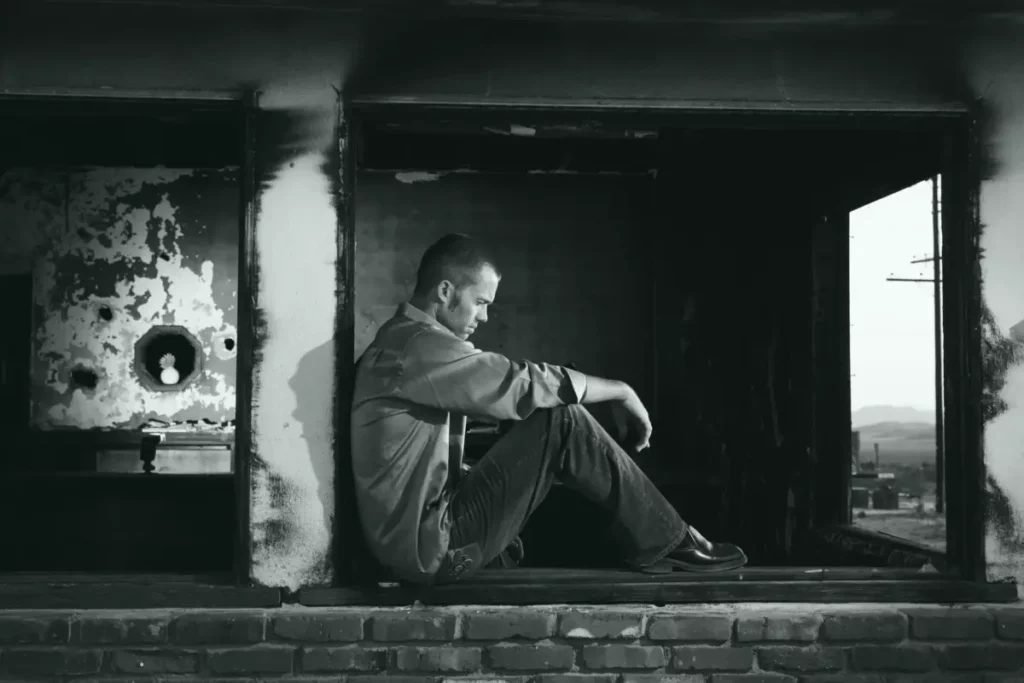How does a DUI affect your life? An average of 29 people in the U.S. die in drink-driving accidents, constituting one death in every 50 minutes.
Many drivers with no criminal record have been arrested for DUI. Depending on the circumstances, a DUI can be classified as a misdemeanor or felony. Many first-time offenders ask if a DUI can ruin their life.
While it may not ruin your life, it will definitely have some negative consequences.
Searching for help with drug and/or alcohol addiction? Call us now at (888) 822-0306.
How a DUI conviction Can Affect your Life
Getting behind the wheel after consuming alcohol or other psychoactive drugs can have lasting ramifications on your life. The shock waves of a criminal offense like a DUI can linger on for years even after you have fulfilled your legal obligations.
When you get behind the wheel with alcohol or drugs in your system, you can end up destroying both your and someone else’s life.
The Consequences of Driving Under the Influence
The consequences of a DUI depend on a variety of factors, including the previous history of impaired driving to the jurisdiction where the offense is committed.
Suspension of Driving License
A person convicted of a DUI can immediately lose their driving license. However, taking quick legal action can prevent the suspension of your driving license. A DUI conviction normally results in a minimum of four months’ license suspension.
First-time offenders can get a lenient sentence, though people convicted for a second or third DUI can have their license revoked or suspended for years depending on the circumstances.
You may be able to keep your driving license before the verdict if you request a hearing from the Department of Motor Vehicles (DMV) in time. Your attorney can also help shorten the period of your license suspension.
Jail and prison
Imprisonment is the most serious consequence of driving under influence. Depending on the circumstances around your DUI, you can face up to six months of jail time for your first offense. The minimum sentence for first-time offenders is 48 hours of jail time.
Arrestees with previous violations face a minimum of six months in prison. The judge could also sentence you to 16 months in a state prison which is often not located in your hometown.
Career
A DUI can rob you of a stable career path even after you have served your sentence. Almost all decent companies and employers ask potential employees to disclose their criminal history.
Many companies also run background checks to verify the information you have provided them. A DUI is a liability that can turn you into a persona non grata. It not only changes how ‘hirable’ you are but also affects your social life.
People convicted of a DUI can immediately lose their jobs. Many companies have a policy of immediate termination of employees upon an arrest or conviction. Similarly, colleges and universities also have policies against the acceptance of students with a DUI on their records.
While some schools may accept students who have been convicted of a DUI, they deny any kind of financial aid or scholarship, rendering it impossible to pursue education there.
That being said, getting a DUI doesn’t mean that your life is over. There are plenty of options that you will have moving forward to build the life you want.
Financial Trouble
The cost of fighting a DUI is notoriously high. You’ll end up paying thousands of dollars in legal fees, penalty assessments, and car costs. Even first-time offenders have to pay up to $1,000 as a fine for a DUI. The judge may order you to take a DUI school course or enroll in an alcohol treatment program for which you’ll have to pay out of pocket.
A DUI can also result in vehicle impoundment, and you’ll have to pay a fine for each day your car stays impounded. You may also have to pay for an interlock device upon the judge’s order. The financial trouble does not go away even when you have served your time. With a DUI on your record, you’ll have to pay for Form SR-22 while buying insurance.
How to Avoid a DUI Arrest?
Not drinking alcohol before driving and having a designated driver are the best ways to avoid a DUI arrest.
However, if you end up in a situation where you have to drive after alcohol consumption, here’s what you can do to avoid getting arrested:
- When you plan on drinking, make plans for someone else to drive take an Uber, or take a taxi.
- If you’re the type of person to be tempted to drive once you’ve had drinks in your system, have a friend take your keys.
- Order additional alcohol for the party through delivery services.
- If you are afraid of getting a DUI because you don’t trust yourself when you drink, it’s time to seek help for alcohol addiction.
What to Do If you are Arrested For a DUI?
Once you’re arrested, nothing you can say to the police or the prosecutor to withdraw the charges. Talking to the police without your lawyer present can make things worse for you.
Even if you have evidence of your innocence, you should not talk to the police and ask for your lawyer to be present.
The criminal case will start when the prosecutor receives the police report and files charges against you. The prosecution has one year from the date of arrest to pursue charges. You’ll be given a date to return for your arraignment when you are released from prison.
Having an experienced DUI attorney by your side can help you get out of this. It’s important to consult an attorney immediately after you are arrested.
The Costs of a DUI Conviction
The costs of a DUI conviction vary from situation to situation and jurisdiction to jurisdiction. A DUI can incur the following expenditures:
- A DUI arrestee is always jailed initially and typically has to pay a bail bond of $100 to $2,500 to get released.
- If you have a previous DUI, your vehicle will be impounded. For each day your vehicle stays in the impound lot, you’ll have to pay a storage fee of up 10 $100. You can expect to pay up to $1,200 in overall fees related to impoundment.
- Attorney fees for DUIs can range from $1,500 to $5,000 for a first-time offense, even if you opt for a public defender. These figures double if you have multiple DUIs on your record.
- The arrestee also has to pay a fine for driving under influence. First-time offenders can expect to pay $150 to $1,800 for a DUI fine.
- A DUI arrestee also has to pay fees for sentencing which range from $100 to $250, spending time in jail that’s generally between $10 and $300, and fees for probation which can go up to $1,200.
- If you are ordered to perform community service, you’ll have to pay $100 for community service supervision. However, it can be potentially higher in some cases.
- Depending on the state where you have committed the offense, you may have to pay driver responsibility fees when convicted of a DUI. This fee typically ranges from $1,000 to $2,500.








